Top 10 Most Reliable Automakers: Consumer Reports 2018

Consumer Reports has released its annual Car Reliability Survey and there are a few surprises.
This year’s survey collected data from over 500,000 Consumer Reports members to determine what problems or issues vehicle owners can expect. Those problems range from troublesome turbocharged engines to infuriating infotainment systems, as well as transmission issues and other problems. The publication said this year’s survey reinforces its recommendation that consumers should avoid brand new or redesigned models, instead waiting a year or two until the automaker has had a chance to work out the issues that often arise.
Below, you will find the top 10 most reliable automakers from this year’s study.
SEE ALSO: Japanese Brands Shine, American Automakers Tumble in Consumer Reports’ Latest Reliability Survey
9. Hyundai
With an average reliability score of 57, Hyundai ties in ninth place this year. According to Consumer Reports, the Korean automaker’s least reliable model is the Ioniq, while its most reliable model is the Santa Fe XL. Hyundai Tucson owners have been complaining about the 1.6-liter turbocharged four-cylinder engine and seven-speed dual clutch transmission, saying the transmission suffers from rough shifting, computer problems, and slipping. Overall, the Ioniq Hybrid has below average reliability, with owners complaining about rough shifts from the six-speed transmission and engine problems.
Hyundai’s overall ranking did not change from last year and a total of five models were considered in the survey.
9. MINI
MINI ties Hyundai with an average reliability score of 57, but it’s worth noting the British automaker didn’t even have a ranking last year. Two models were considered in the survey, with the Cooper being MINI’s least reliable and the Countryman being its most reliable. The Cooper did improve to average, while the Countryman has an above average reliability rating.
8. BMW
In this year’s survey, BMW drops three spots to eighth place with seven models analyzed in the study. The German automaker received an average reliability score of 58, with the X1 being its least reliable model and the i3 being its most reliable model. The redesigned BMW X3 was noticeably below average, with owners complaining about climate system issues, including coolant leaks. Seat controls that required the seatback to be replaced were also noted.
The BMW X1 crossover dropped to below average due to suspension problems, premature brake wear, and steering wheel vibrations.
7. Audi
Also dropping three spots this year, Audi edges out competitor BMW with an average reliability score of 60 to land itself in seventh place. Six models were considered in the survey, with the Audi A3 being the least reliable and the Audi Q5 being the most reliable. Overall, all the Audi models that Consumer Reports has sufficient reliability data for rated average or better, although the scores were not as high as they have been in previous years.
5. Infiniti
With four models with sufficient reliability data, Infiniti went up one spot this year to tie for fifth place. The Japanese luxury automaker’s least reliable model is the Q50, while the Q60 was the most reliable model. The brand scored 61 in this year’s survey, and both the Q50 sedan and QX60 improved to average reliability ratings.
5. Kia
With the same average reliability score as Infiniti, Kia dropped two spots to tie for fifth place. Eight models were considered in this year’s survey, with the Cadenza being reported as the least reliable model. The Sedona minivan topped reliability for the brand. Although the Kia Sportage is similar to the Hyundai Tucson, it has been much more reliable. The same applies to the Niro Hybrid, which has above-average predicted reliability. AutoGuide.com‘s Car of the Year, the 2018 Kia Stinger, has average reliability. Hurting the Cadenza’s reliability score are issues with faulty thermostat sensors, problems with the climate system, and engine cooling.
4. Subaru
Making a two-spot jump to fourth place, Subaru has an average reliability score of 65 in this year’s study. Six models provided sufficient data, with the Subaru WRX being the least reliable model and the Crosstrek being the most reliable offering from the brand. According to Consumer Reports, the redesigned Impreza has problems last year but has rebounded this year with better than average reliability. The redesigned Crosstrek has much better than average first-year reliability, while the WRX was the only Subaru model with below average reliability due to transmission problems.
3. Mazda
Mazda saw a huge jump in this year’s survey, climbing nine spots to third place with an average reliability score of 69. The Japanese automaker had six models analyzed in this year’s survey with the CX-3 being noted as the least reliable and the MX-5 Miata as the most reliable. It appears Mazda has managed to work out the issues that plagued the CX-9 and MX-5 Miata, but the CX-3 is still rated below average due to climate system problems.
2. Toyota
Toyota lost the crown in this year’s survey, dropping one spot to second place. With 14 models supplying reliability data, the Japanese automaker received an average reliability score of 76. Its most reliable model is the Prius c, while the least reliable model is the Tacoma. The Tacoma continues to have issues with the driver system and in the transmission minor trouble spots, while the 2018 Camry saw a slight drop in reliability to better than average. Owners say they experienced problems with the Entune infotainment system and rough shifting from the eight-speed automatic transmission.
1. Lexus
Toyota may have lost the top spot this year, but at least the honors went to its luxury arm, Lexus. Rising one spot, Lexus had six models accounted for in this year’s study, earning an average reliability score of 78. The brand’s least reliable model is the IS while its most reliable model is the GX. This year, all Lexus models with sufficient data were rated average or above, although the redesigned LS was not taken into consideration since there wasn’t sufficient data.

Jason Siu began his career in automotive journalism in 2003 with Modified Magazine, a property previously held by VerticalScope. As the West Coast Editor, he played a pivotal role while also extending his expertise to Modified Luxury & Exotics and Modified Mustangs. Beyond his editorial work, Jason authored two notable Cartech books. His tenure at AutoGuide.com saw him immersed in the daily news cycle, yet his passion for hands-on evaluation led him to focus on testing and product reviews, offering well-rounded recommendations to AutoGuide readers. Currently, as the Content Director for VerticalScope, Jason spearheads the content strategy for an array of online publications, a role that has him at the helm of ensuring quality and consistency across the board.
More by Jason Siu



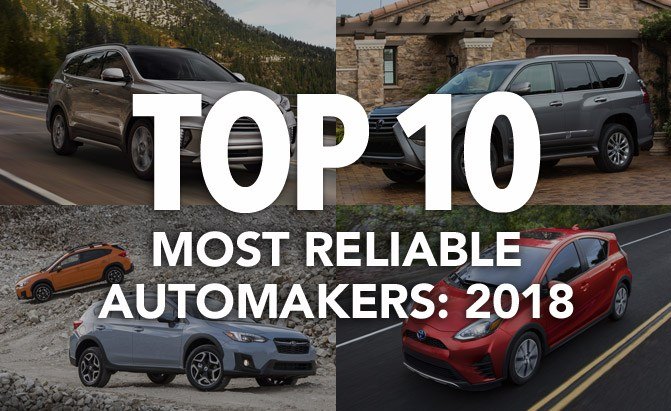










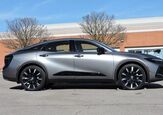

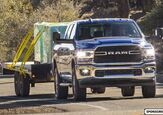

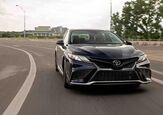







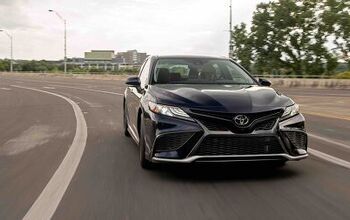
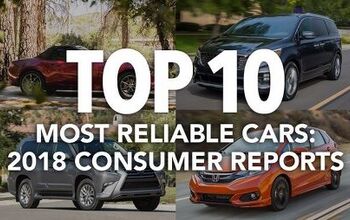
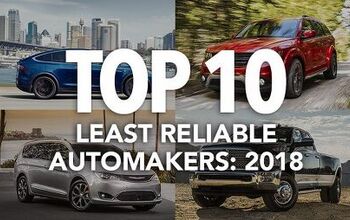

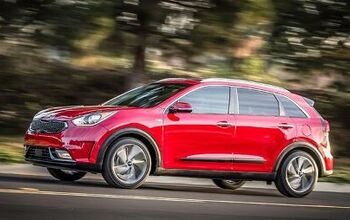
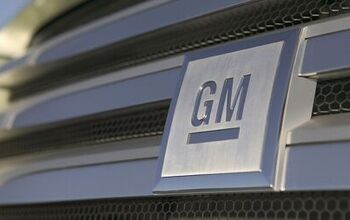
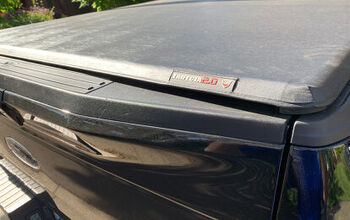

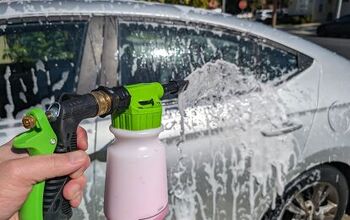
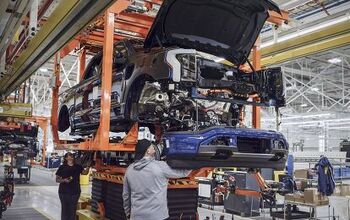



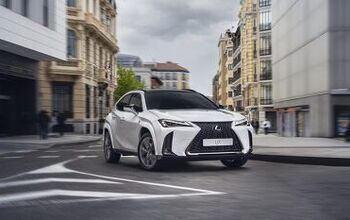

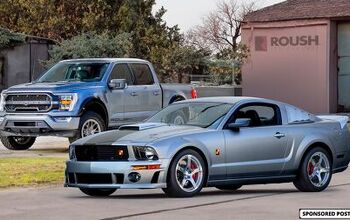
Comments
Join the conversation
Consumer reports needs to stick to testing kitchen appliances